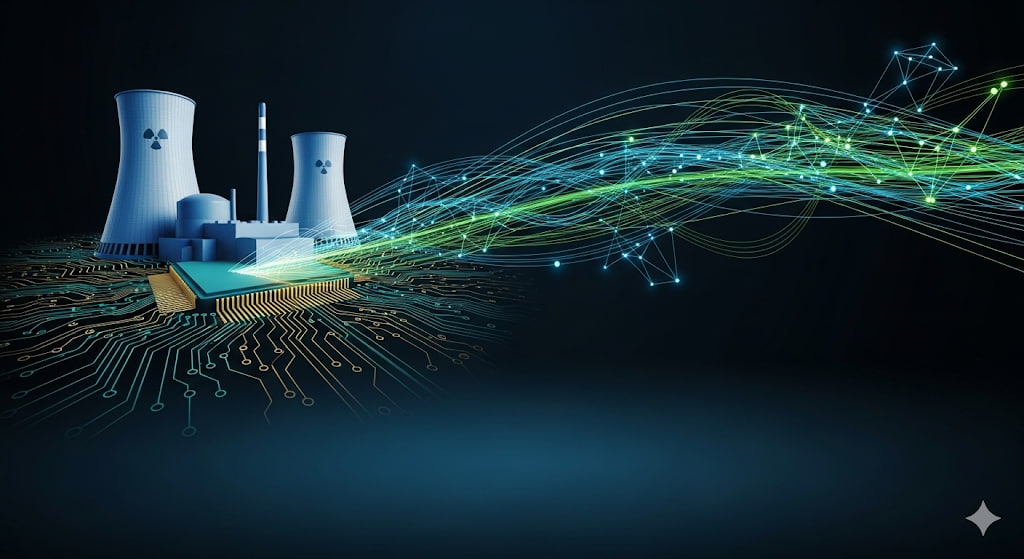Steve Eisman, the investor who rose to fame betting against subprime mortgages in The Big Short, says the AI trade remains the dominant force driving markets.
In a new CNBC interview, Eisman says the equity market’s focus on inflation and Federal Reserve policy is secondary to the wave of capital rushing into AI.
Eisman notes that while housing and employment data have been soft, the main catalyst for stocks has not changed.
“I mean, the economy is pretty good. The employment situation is a little weak. The AI story continues. Nothing seems to be going to stop that, especially after Oracle last week, which was pretty powerful. And the Fed on the margin will do this and do that. But it doesn’t really matter all that much. Maybe that’ll help housing. So I’m pretty bullish.”
He adds that rate cuts from the Fed are unlikely to shift the broader picture.
“But at the end of the day, the most the Fed’s going to cut at the end, I think, is 100 basis points total. And then that’s it. This is not Moses coming down with the tablets.”
The bigger story, according to Eisman, is where AI capital is flowing and what sectors could benefit. He also highlights that the AI story is still very early.
“The interesting part of the story to me is power, all the various power parts. You know, the fact that we’re talking about nuclear, you know, if you said 10 years ago that we would be talking about nuclear or anything, I think it’s pretty shocking. Now you’ve got companies that are starting to make small nuclear reactors that they’re going to put right next to data centers. So the power part of the story is very exciting.”
Eisman is not the only one who believes the AI trade is still in its early days. VanEck recently said that the AI boom is a structural cycle that will take years to fully play out. The firm predicted a super cycle, where companies are building giant data centers, known as the foundational layer. VanEck also said that the buildout will move into the application layer, where AI runs in consumer and enterprise apps.
Finally, VanEck said that AI will “move out to the edge” and into local devices, like smartphones and cars.
Disclaimer: Opinions expressed at CapitalAI Daily are not investment advice. Investors should do their own due diligence before making any decisions involving securities, cryptocurrencies, or digital assets. Your transfers and trades are at your own risk, and any losses you may incur are your responsibility. CapitalAI Daily does not recommend the buying or selling of any assets, nor is CapitalAI Daily an investment advisor. See our Editorial Standards and Terms of Use.


